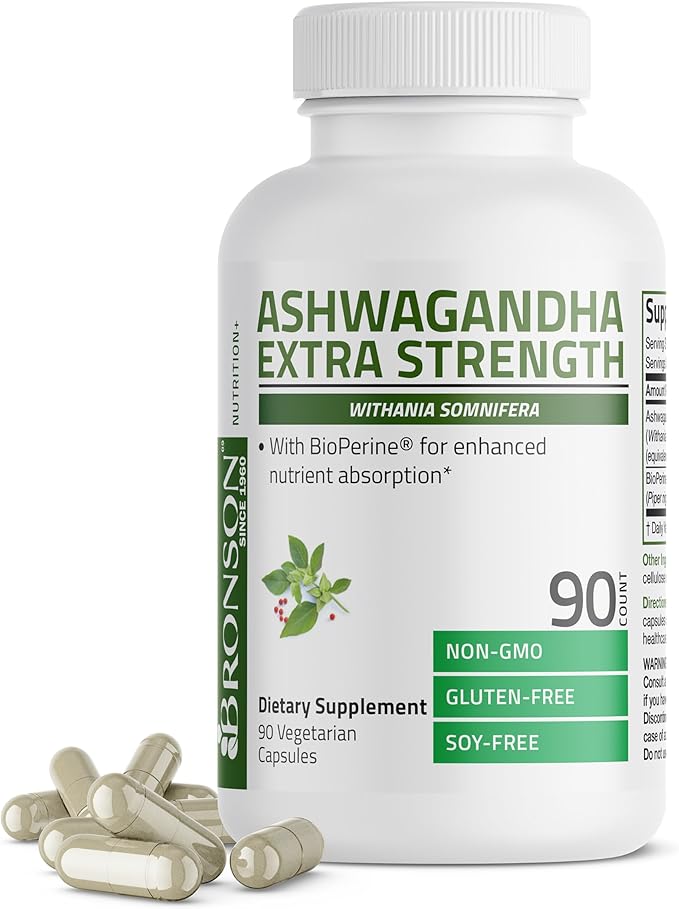Can you take EPA and Omega-3 EPA/DHA & ALA together?
Interaction Details
Taking EPA and Omega-3 EPA/DHA & ALA together has the potential for great synergy because they are largely composed of the same active ingredients, suggesting a rating of 5 out of 5.
EPA and DHA are both omega-3 fatty acids found in fish oil supplements. ALA is another form of omega-3 fatty acid, primarily found in plant-based sources. The combination of these supplements increases the overall intake of omega-3 fatty acids, potentially enhancing their individual benefits such as reducing inflammation, improving heart health, and supporting brain function. The body can also convert ALA into EPA and DHA, although at a limited rate. The synergy comes from the cumulative effect and potential for increased conversion efficiency due to the combined supplementation.
Potential Benefits
Potential Risks
EPA
EPA (Eicosapentaenoic acid) is an omega-3 fatty acid found primarily in fish and fish oil supplements. It plays a crucial role in reducing inflammation and promoting heart health.
Omega-3 EPA/DHA & ALA
Omega-3 EPA/DHA & ALA are types of polyunsaturated fatty acids essential for various bodily functions. EPA and DHA are primarily found in fish oil, while ALA is found in plant-based sources such as flaxseed and chia seeds.
